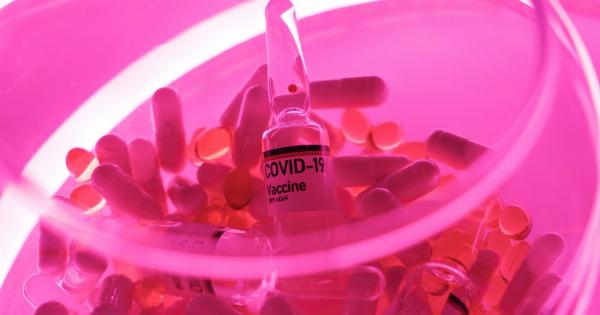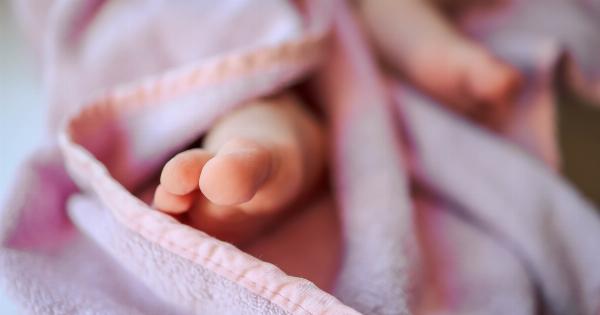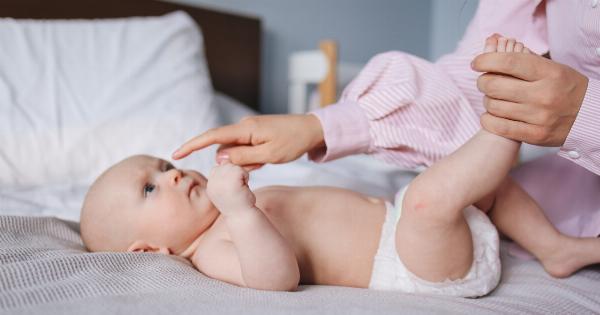As a new parent, you want to ensure that you have everything you need to take care of your baby. One of the most important things you can do is to create a medicine cabinet that is stocked with essential items to address common baby health issues.
In this article, we will discuss the essential items you should have in your baby’s medicine cabinet.
1. Thermometer
Having a reliable thermometer is essential for every baby’s medicine cabinet. A rectal thermometer is the most accurate and preferred method for taking a baby’s temperature.
However, you can also use a temporal artery thermometer or a digital thermometer for underarm or oral readings.
2. Nasal aspirator
Babies are prone to getting congested, and a nasal aspirator is a helpful tool to have on hand. The bulb syringe is a popular option, but there are also more advanced electric models available.
A nasal aspirator can help clear your baby’s nose, making it easier for them to breathe and sleep.
3. Saline drops
Saline drops can help loosen the mucus in your baby’s nose, making it easier to clear with a nasal aspirator. Simply apply a few drops in each nostril before suctioning.
Saline drops can also be used to moisten dry nasal passages and prevent nasal irritation.
4. Infant pain reliever
Infant pain relievers can help relieve fever, pain, and discomfort related to teething, ear infections, or vaccination. Acetaminophen and ibuprofen are two common pain relievers recommended for infants.
However, it’s essential to consult your doctor before giving your baby any medication.
5. Diaper rash cream
Diaper rash is a common problem many babies experience. A diaper rash cream provides a protective barrier, soothing relief, and can help prevent future rashes.
Look for creams that contain zinc oxide or petroleum jelly, as they are very effective in treating diaper rash.
6. Baby sunscreen
Babies younger than six months should avoid direct sunlight, but for those over six months, sunscreen is essential. Choose a baby-specific sunscreen that’s at least 30 SPF and offers broad-spectrum protection from UVA and UVB rays.
7. Oral gel
Babies can experience the discomfort of teething starting at four months. Oral gels containing benzocaine can help numb gums, reducing pain and inflammation. However, benzocaine should only be used in low doses and not for an extended period of time.
Consult with your doctor before use.
8. Gas relief drops
Babies can have gas and digestive issues, which can be painful and disruptive to sleep and feeding. Gas relief drops containing simethicone are a safe and effective way to relieve your baby’s gas pain and discomfort.
9. Antihistamine
Antihistamines can help relieve allergies and symptoms of hay fever, such as a runny nose or itchiness. However, antihistamines are not recommended for babies under six months. It’s essential to consult your doctor before giving them to your baby.
10. Bandages and gauze pads
For minor cuts, scrapes, and burns, it’s essential to have bandages and gauze pads on hand to stop any bleeding and cover the wound. Make sure to keep your baby’s cuts clean to prevent infections.
Conclusion
Having a well-stocked medicine cabinet can provide peace of mind and help you tackle your baby’s health concerns. However, always consult your doctor before giving your baby any medication or treatment.
Keep your medicine cabinet organized, and make sure all medications are well within their expiration dates to ensure their effectiveness.






























